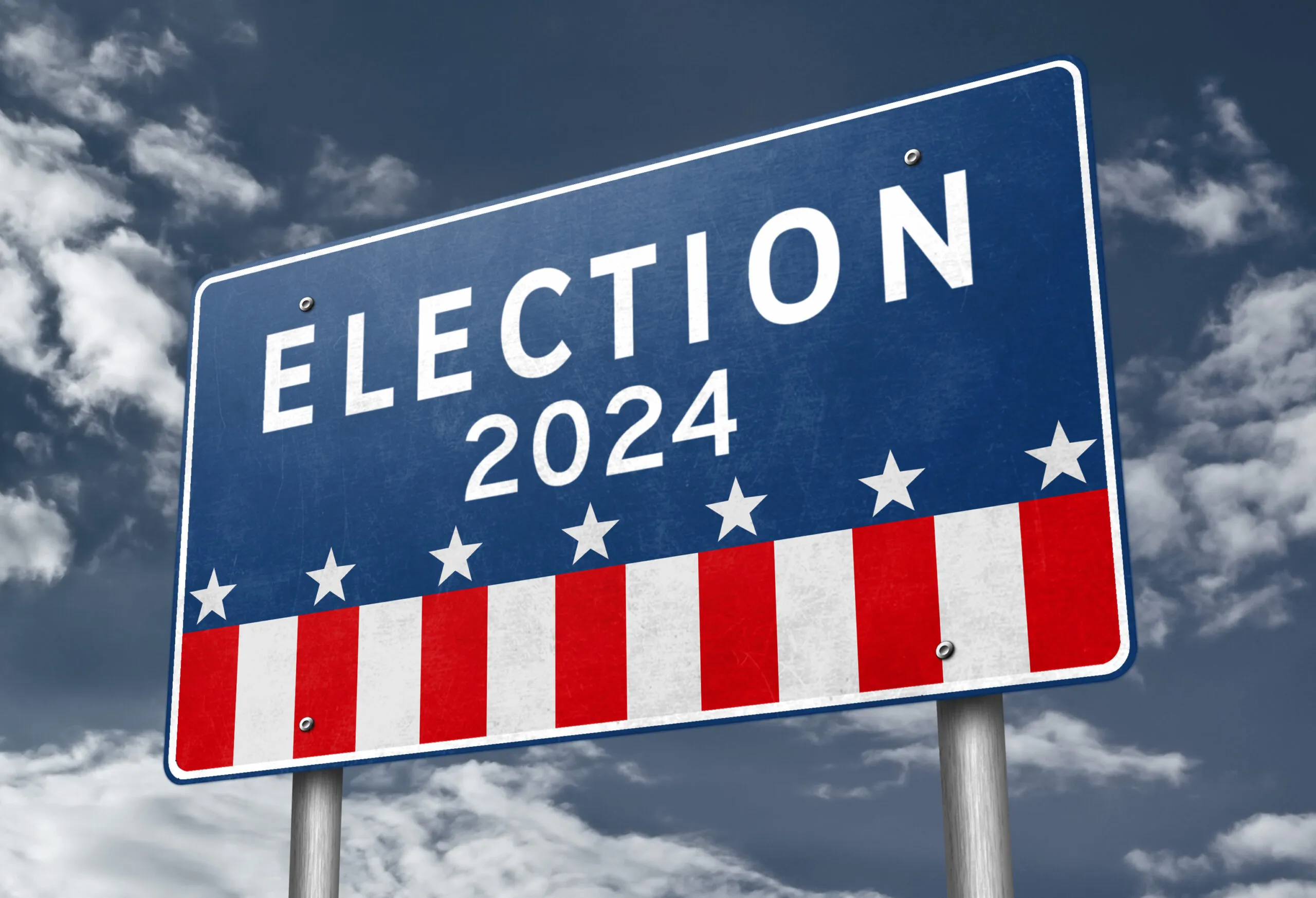Fort Collins council rejects minimum-wage hike

FORT COLLINS – A divided Fort Collins City Council on Tuesday night rejected on first reading a plan to raise the city’s minimum wage.
City staff had presented options that would have boosted the lowest hourly wage for all workers in Fort Collins from the statewide minimum of $13.65 to either $16.65 or $17.29 by Jan. 1, 2026. However, after forceful but civil debate on both sides among workers, business owners and council members, the issue failed on a 4-3 vote, with Mayor Jeni Arndt joining Shirley Peel, Susan Gutowski and Tricia Canonico in voting no.
“I don’t disagree with anyone who…
THIS ARTICLE IS FOR SUBSCRIBERS ONLY
Continue reading for less than $3 per week!
Get a month of award-winning local business news, trends and insights
Access award-winning content today!




